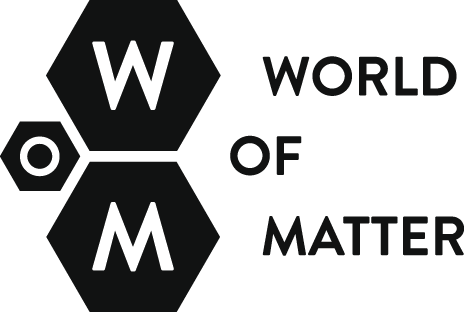It is important to understand that these are processes of emancipation, the expansion of rights. Strictly speaking, the rights of nature guarantee a fundamental right to the human being: the right to existence. If we don't guarantee the rights of nature, nature could result uninhabitable for human beings. By ensuring the rights of nature, we are ensuring the rights of existence of the human, for the human is part of nature. We are different, yet for the very reason of sharing existence we all have the same rights. This is fundamental.
(…)
The immediate origins of the current constitution can be traced back to a claim made by the indigenous movement in 1990. This is the immediate origin of this constitution, when the indigenous movement enters into national politics and opens up a new era in which they say: “We are present in the life of this country…up to now we have been permanently marginalized, treated like objects on the national political sphere, but we are subjects and we demand a new national agreement, a constitution to reformulate those things…”
So the actual constitution has its origins in that demand. In parallel, environmental issues that were present, above all for example in the 'Club de Roma' in 1971, 1972, 1973, were becoming more and more apparent. This is where these reflections begin. And of course, in a sense, many indigenous are ecologists, not necessarily all are… but many are indeed ecologists and this facilitated the encounter between the growing ecologist movement and the indigenous world that was emerging with force in the political life of our country.
How does the rights of nature arise? One of the reasons is that, as you pointed out, seen from the logic of the culture of the indigenous civilizations, nature is not something far away. It is not that humans are here and nature is on the other side. From the point of view of capitalism, nature is there to be exploited, to be privatized, to be subordinated to the demands of the human... No, false! - to the demands of capital, not of humans, that is important to notice.
In the indigenous world this does not exist. The indigenous form a part of nature. They do not exist on one side, and nature on the other, but are intimately linked. From that perspective, when we were speaking of a pluri-national state, of respect to Pachamama, of the “well being” or “sumac kawsay” (in Quichua), of collective rights, we start to recover all that basic ‘civilizatory’ elements of these cultures that were slaughtered, colonized and exploited throughout the conquest, the colonial and the republican period. Therefore it appears the necessity of giving nature a preponderant place in the juridical foundation of the state, with its own rights. In the indigenous world, I insist, nature never required rights simply because it forms part of the larger ensemble and was never at the margins. Yet from our logic, it was necessary to incorporate those rights.
Strictly speaking, the rights of nature are related to a modern cosmology, because humans are granting rights to the animal world and all living beings in general. There is a sort of modernity behind all that… although once those rights are granted, they are inherent rights, they are rights that are proper to nature itself. And therefore are rights that cannot be denied or restricted. This is precisely the theme of the debate. It is a complicated yet important juridical discussion.
(…)
The rights of nature are eminently bio-centric not anthropocentric. The rights of nature do not fit on the logics of traditional socialism, which is also anthropocentric. As for capitalism, it is essentially anthropocentric… capitalism is today the dominant mode of civilization, capitalism is a system of values, it is a civilization in itself, the civilization of inequality, as Joseph Schumpeter has said. This is the reality. Socialism, in turn, needs to reinvent itself, from socio-biocentric reflections. Of course, the exploitation of labour is a fundamental struggle, but it is not the only one. We have to re-encounter nature. Therefore we must speak perhaps of a biocentric-socialism, a socialism of the ‘sumak kawsay’.


